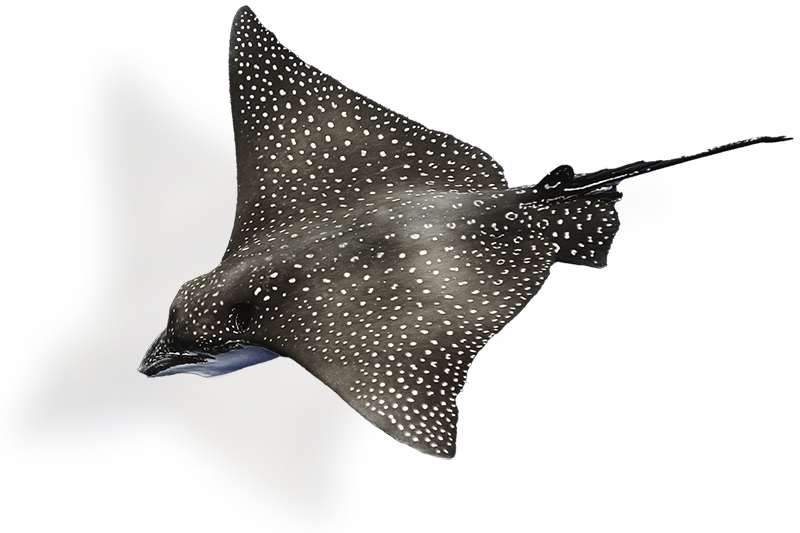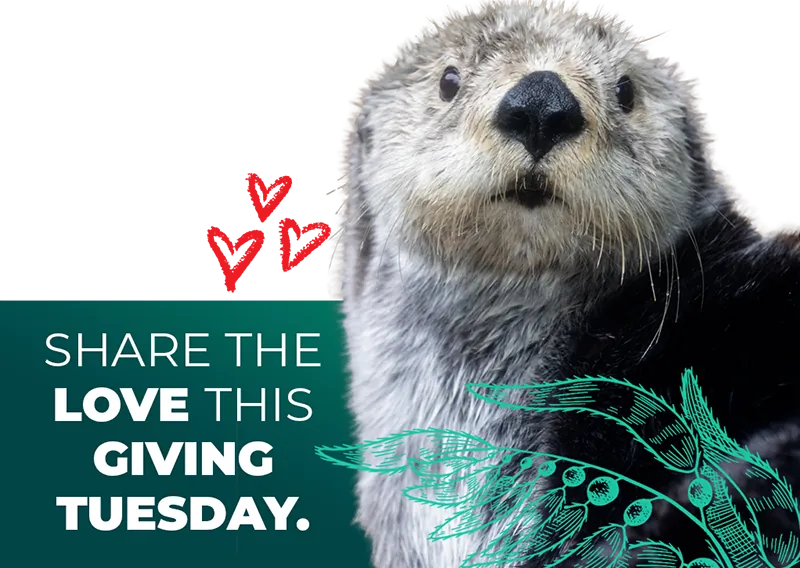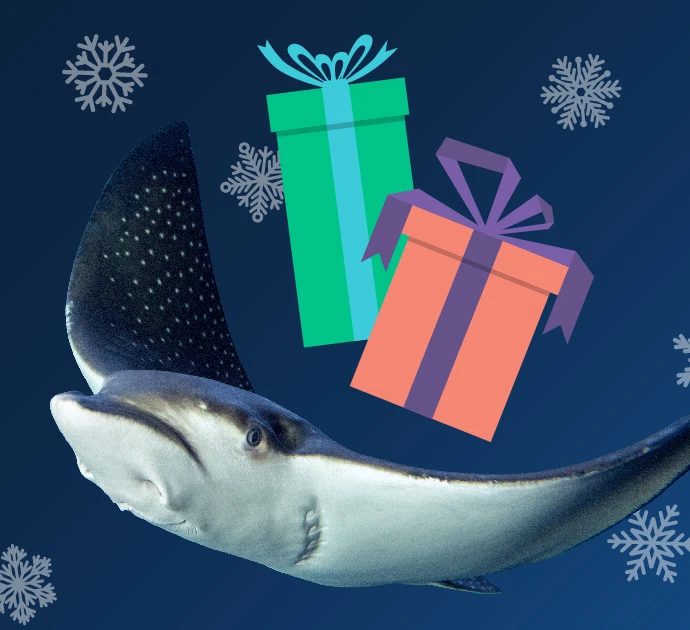“I fell in love with nature and natural history. From that point on my path was clear."
Dr. James Estes
A world-renowned marine ecologist and professor emeritus at the University of California Santa Cruz (retired in 2018), Dr. Estes is best known for his work on kelp forest ecosystem structure and function—particularly how it relates to sea otters as a keystone species. His career spanned over 40 years, including working for the U.S. Fish and Wildlife Service and the U.S. Geological Survey. During that time, he also mentored 30+ graduate students and published more than 180 papers.
We are honored to present him with this year’s award. And, while we can’t gather for our annual Ocean Conservation Honors event to hear his thoughts in person, Dr. Estes kindly agreed to share some of them with us in this Q&A.
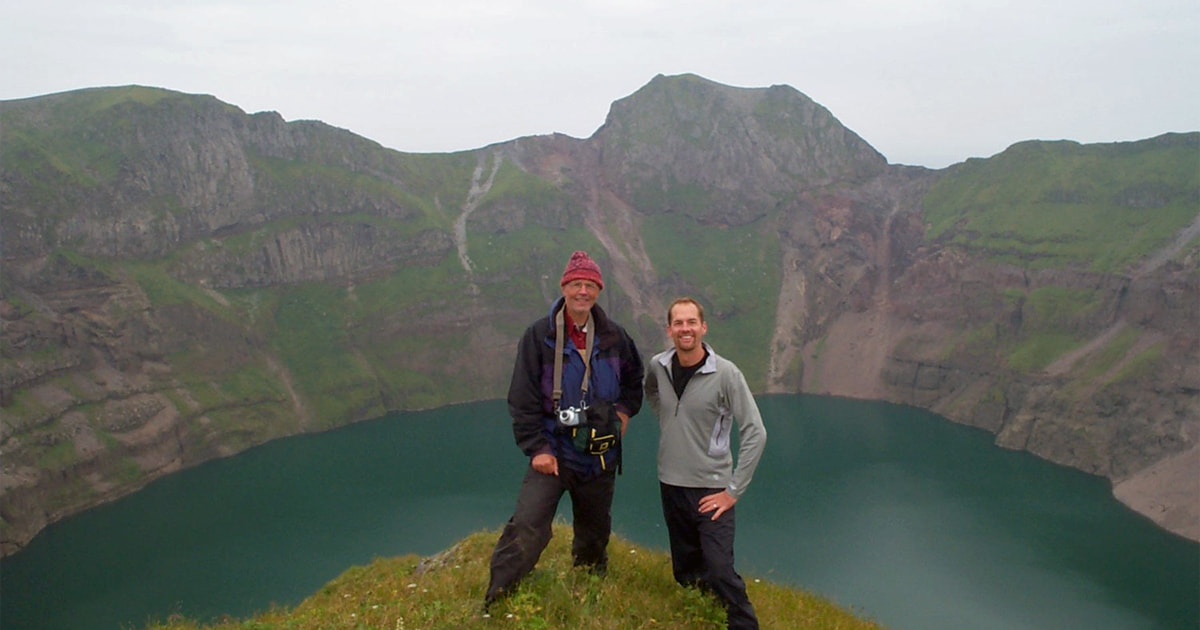
Q: What inspired you to choose your career?
A: Several things. My mother’s cousin, Dr. Irvin Buss, was a wildlife professor at Washington State University. His stories prompted me to dream of such a life for myself—studying animals in wild places. But I had little further interest in biology until, as a freshman at the University of Minnesota, I took the introductory biology class. That class inspired me to major in zoology. Then, between my junior and senior years of college, I took two summer field courses—ornithology, the study of birds, and the natural history of freshwater fishes and invertebrates—at the University’s Lake Itasca Field Station. Over the course of that summer I fell in love with nature and natural history. From that point on my path was clear.
Q: What keeps you doing the work you do?
A: Many things. Part of it is the joy of being in nature; part of it is the excitement of learning; part of it is a continuing drive to do something useful with my life. For me, success in research is like an addiction. I can’t stop.
(In addition to the career accomplishments listed above, Dr. Estes published a book in 2016 called Serendipity: An Ecologist’s Quest to Understand Nature and wrote a recent paper, published in Science, that has fueled rich discussion among marine ecologists. He and Seattle Aquarium Curator of Conservation Research Dr. Shawn Larson are currently collaborating on a feasibility study for the reintroduction of sea otters to Oregon for the Elakha Alliance. The Aquarium is also collaborating with him and many others on a new project focused on investigating the role of sea otters and other species as drivers of ecosystem resilience in the face of climate change along the Washington coast.)
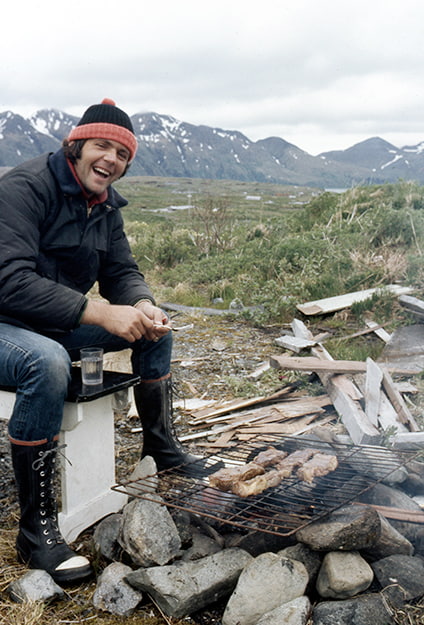
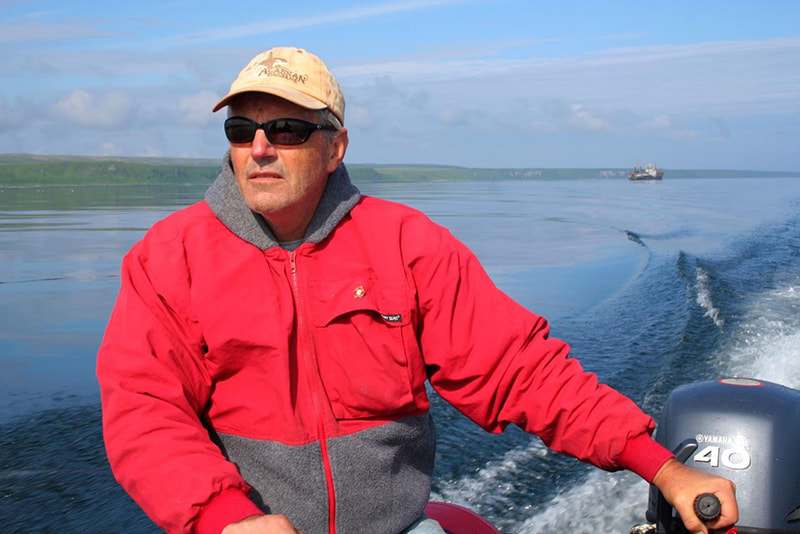
Q: What impact do you hope to make with your work—what legacy would you like to leave?
A: For most people, conservation is something we do for ethical reasons. I see conservation as much more than that—something we must do to maintain a world that is fit to live in. I would most like for more people to understand that, and that the conservation of a species like the sea otter is a two-way street—that is, not only do sea otters depend on healthy habitats, but healthy habitats depend on sea otters. You can’t have one without the other.
Q: Ocean conservation is essential for the future of our marine environment. What does conservation mean to you?
A: Two camps have developed in conservation over the past 15 or so years: those who believe in conservation for nature’s sake, and those who consider conservation more from the perspectives of human need and human welfare. Both camps were founded with good intentions and are based on certain obvious truths. But I’m an old-school conservation biologist. In my view, the goal of conservation, first and foremost, should be about the preservation of nature.
Q: Why should people care about sea otter conservation?
A: There are several reasons. One is the ethical imperative to prevent extinctions. Another is because without sea otters, the coastal ecosystems that provide so many services to both humans and nature will be diminished. And yet another is more symbolic. Other large predators, like wolves, sharks and lions, are similarly important to the habitats they live in. In this sense, sea otters are a poster child for the conservation of predators. If we fail to conserve these predators, we will de facto turn nature into a different and less desirable place.
Q: Throughout your career, you’ve explored the connections between large predators and the impacts of these animals on other species and ecological processes. What could humans learn from this research in regard to how we impact our own environment?
A: Large predators have been part of nature for almost a half a billion years. Only since the recent rise of humans have these species begun to disappear. I believe the work my colleagues and I have done shows how catastrophic these losses, if not arrested, will be to our own welfare.
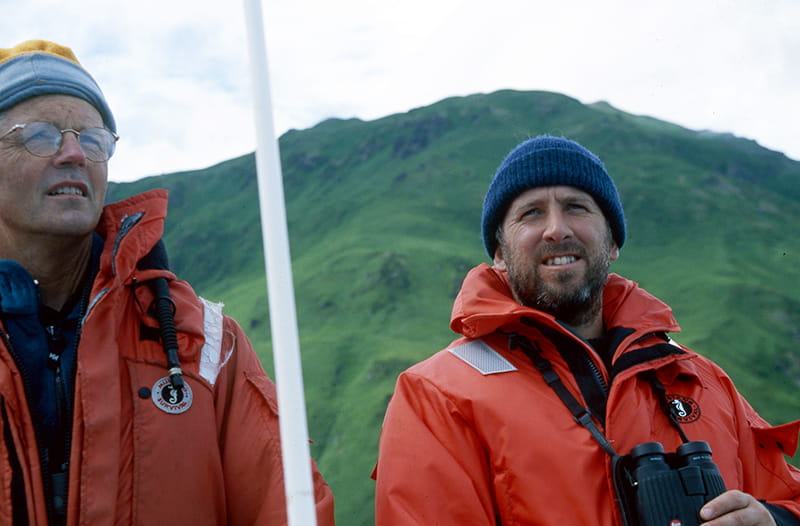
Interested in learning more about our annual Ocean Conservation Honors awards? Read our Q&A with Cristina Mittermeier, winner of the 2021 Seattle Aquarium Sylvia Earle Award.
